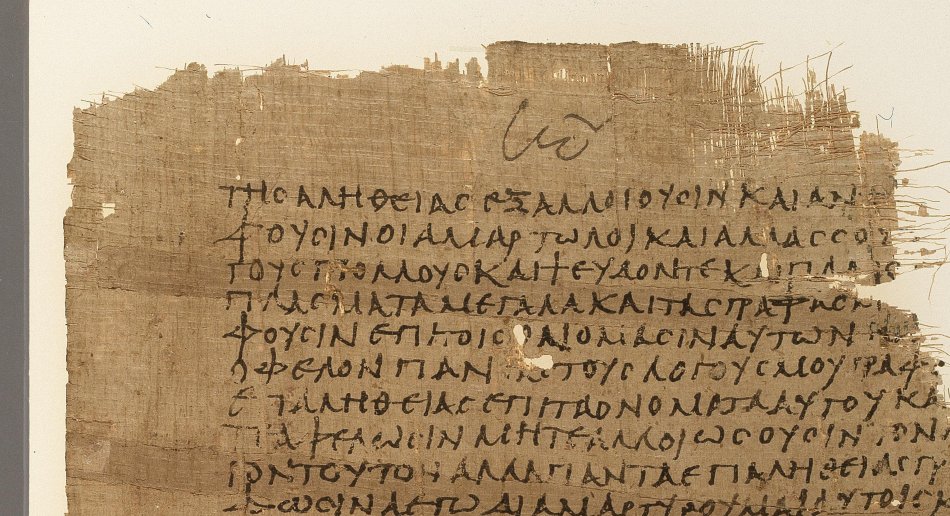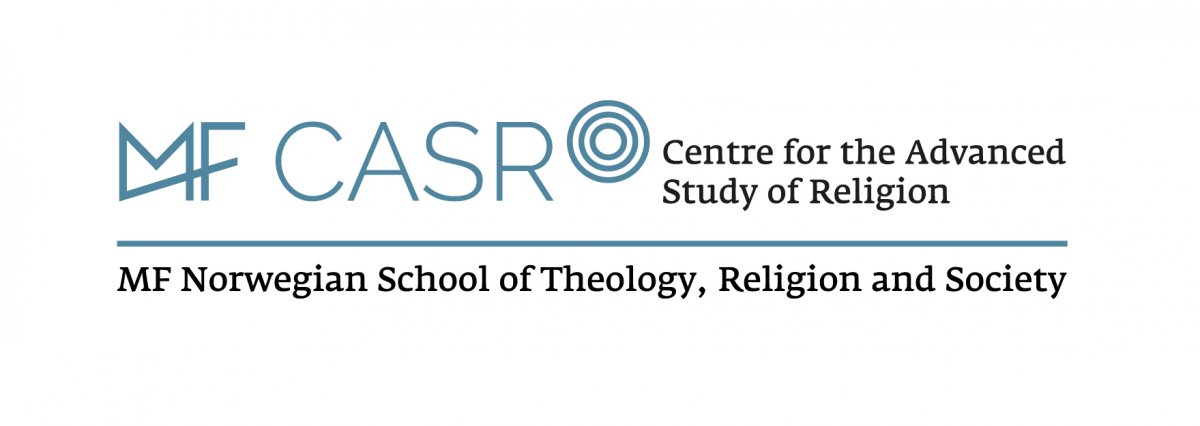
The Early History of the Codex
A New Methodology and Ethics for Manuscript Studies (EthiCodex).
Contact

Brent Nongbri

In the ancient Mediterranean world, literature had been written and copied on scrolls for centuries, but something happened during the Roman imperial period (circa 100-400 CE). The codex (that is, the book with pages) replaced the scroll as the main vehicle for the transmission of literature. The development of the technology of the codex marked a major change in the production and transmission of knowledge. But when exactly did this change happen, and why?
The Early History of the Codex is designed to place the study of the development and spread of the codex on more reliable foundations. The project is funded by the Research Council of Norway (2021-2026) and led by professor Brent Nongbri. The project will commence in August 2021 and will employ two postdocs from 2022.
Background
Many scholars have suspected that followers of Jesus were among the first to embrace the codex as a new technology. The early history of the codex is thus of continuing interest to classicists, historians of the book, scholars of early Christianity, and many others. Yet, studies on the development and spread of the codex rely on a set of evidence that is both methodologically and ethically problematic. On the methodological side, the last systematic study of the early codex was produced in 1977 and relied mostly on samples of unknown date. On the ethical side, a significant portion of our surviving codex fragments have been acquired illegally. What is needed is a more ethically responsible and efficient way to handle a growing body of complicated evidence.
Project goals
The project is designed to place the study of the development and spread of the codex on more reliable foundations. To achieve this goal, the project has four secondary objectives:
- Conduct provenance research into the ownership histories of early Greek and Latin codices.
- Produce detailed physical and codicological descriptions of the make-up of the earliest Greek and Latin codices.
- Design an open-access database making codicological data and provenance information for an estimated 2500 early Greek and Latin codices easily searchable and freely available online.
- Make a systematic canvassing of museum and library collections containing ethically acquired early papyrus and parchment books to determine willingness to have AMS radiocarbon analysis carried out on their early codices and then fund this analysis.
International Advisory Committee
In addition to the core team based at MF, several outside specialists have agreed to be part of an International International Advisory Committee to assist us with advising in their particular areas of expertise:
- Ryan Baumann, Duke University (digital humanities, advice on integration with papyri.info)
- Paola Buzi, Sapienza Università di Roma (Coptic codicology, advice on project management)
- Årstein Justnes, University of Agder (cultural heritage issues, advice on project management)
- Anastasia Maravela, University of Oslo (Greek papyrology, advice on magical codices)
- Roberta Mazza, University of Manchester (advice on cultural heritage issues, ethics, antiquities trade)
- Julia V. Miller, independent scholar (advice on bookbinding, book history)
- Cillian O’Hogan, University of Toronto (advice on Latin codicology, book history)
Participants
Dr. Brent Nongbri, Professor in History of Religions, project leader
Ariadne Marketou, Postdoctoral Fellow
Robert Emil Berge, Postdoctoral Fellow
